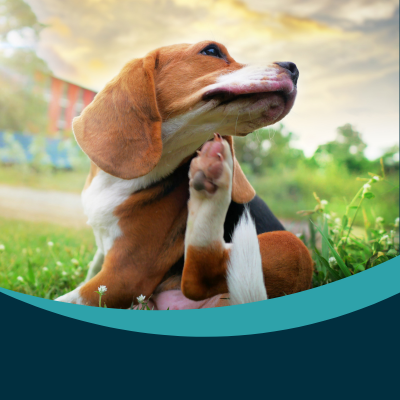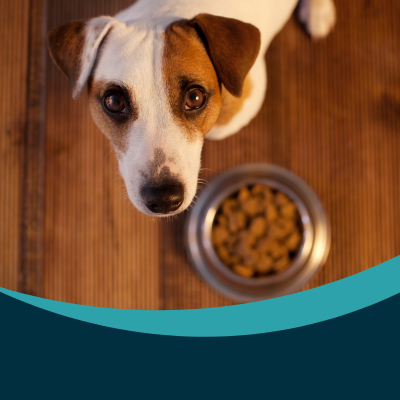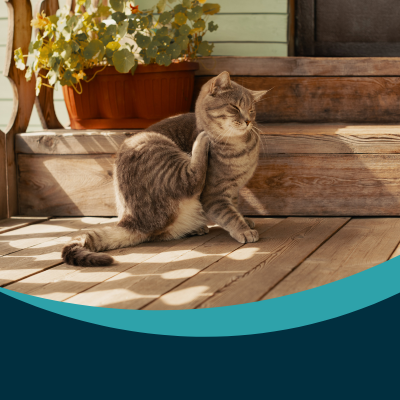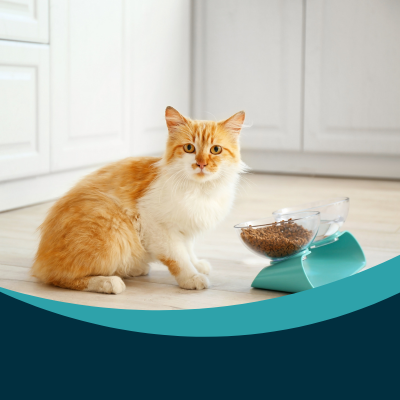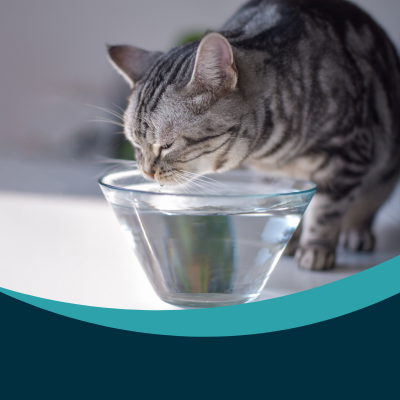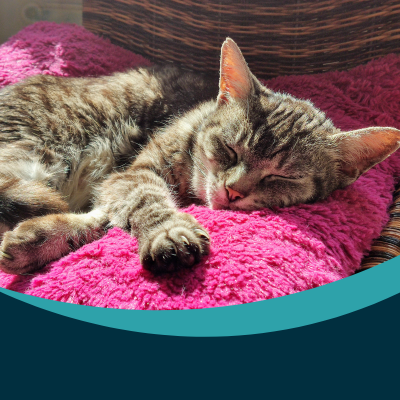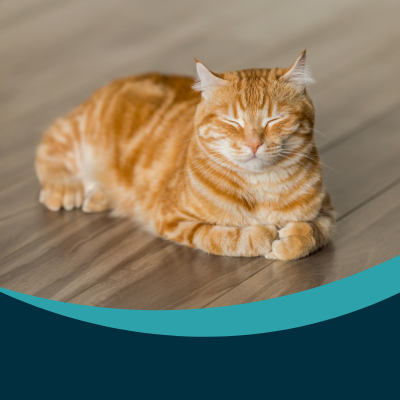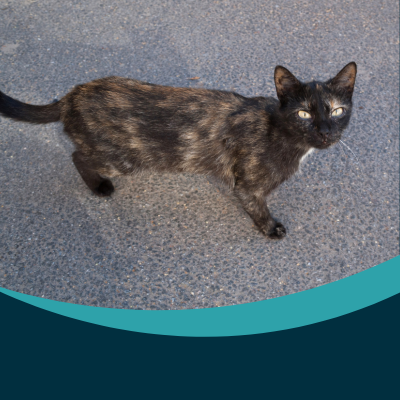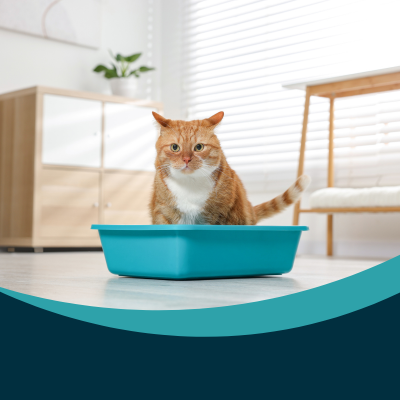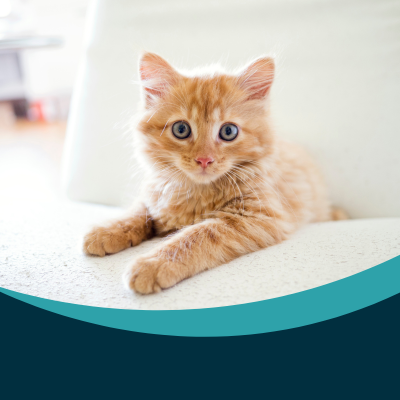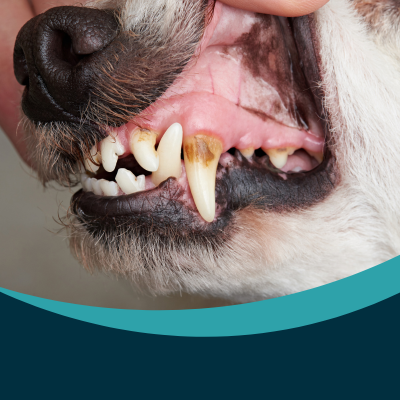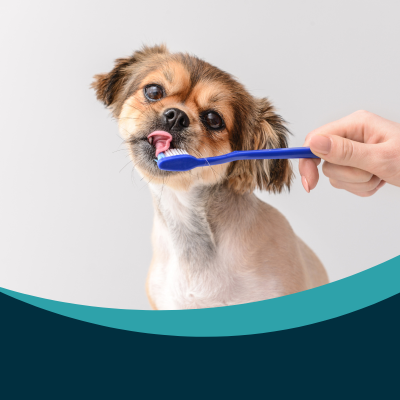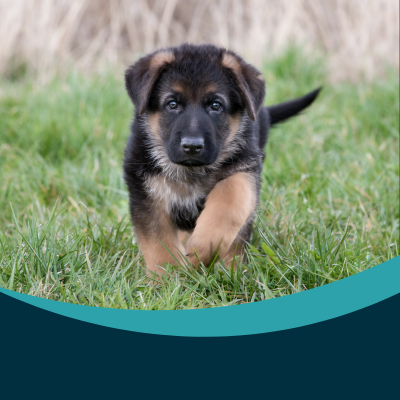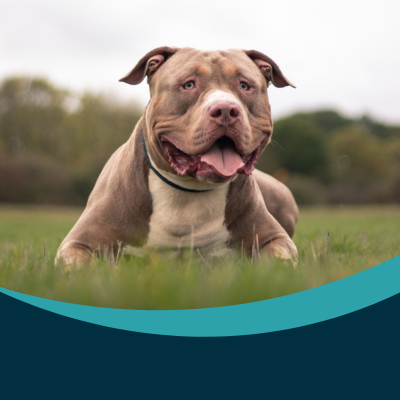Pet Health Library & FAQs
Sherborne (01935 816228):
Weekday: 8:30am to 6:00pm | Saturday: Closed Sunday: Closed
Yeovil (01935 474415):
Weekday: 8:30am to 6:00pm (open until 8pm Tuesday & Thursday) | Saturday: 9am to 2pm | Sunday: 9am to 12pm
Pet Health Library
We know there can be a lot to take in when your pet has been diagnosed with a new condition. Or sometimes, you just want to learn more about caring for your four-legged friend. We’re constantly building and updating the pet health library below with information we think pet owners will find useful – and all written by our expert team, for you!
Learn more simply by clicking on the card that interests you. This will open up a PDF that you can print and keep, if you find that helpful.
We’re constantly adding to this library, so don’t forget to keep checking back!
All Pets
Cats
Dogs
Frequently asked questions
Before contacting us, please check out our FAQ’s below to see if we can answer any of your questions.
We are firm believers in prevention being better than cure. We only have to look at the vital role vaccinations play in our human population to see the benefits; there is no doubt, vaccinations save millions of our own and our pets lives each year.
We try and reduce the frequency of vaccination to the bare minimum and many parts of both our dog and cat vaccines are only required each 3rd year but Leptospirosis (in dogs) and Flu (in cats) still require annual vaccinations. Vaccine reactions are possible but are thankfully extremely rare, the benefits of vaccinations far outweigh the risks, but we accept not everyone feels this way so please speak to one of our team if you wish to discuss this further.
Cats are vaccinated initially at 9 and 12 weeks of age then annually. We vaccinate against Flu (Herpes and Calici Virus), Feline Enteritis and Feline Leukaemia Virus.
Dogs are initially vaccinated at 8 and 12 weeks old then annually. They are routinely vaccinated against Distemper, Hepatitis, Parvovirus and Leptospirosis.
We also recommend routine vaccination against Kennel Cough (Infectious Tracheobronchitis) for those dogs that are at risk.
We recommend neutering all cats at 5-6 months old. There is good evidence to suggest neutered cats live on average twice as long as un-neutered cats due to the fact that the do not roam, fight or of course mate as much.
We would recommend neutering female dogs (if they are not to be bred) to prevent mis-mating, uterine infections (Pyometra) and to reduce the incidence of mammary tumours.
We do not advise routine neutering of male dogs unless they are showing excessive and undesirable behaviours such as mounting, marking or dominance.
We would delay neutering both male and female dogs until ideally 1 year or older (18 months in giant breeds). This helps to reduce the incidence of joint problems such as Cranial Cruciate Ligament Disease.
We recommend surgical neutering but temporary, chemical options are available for male dogs.
We offer free 6 month old health checks – this is the ideal time to discuss the pros and cons of neutering your pets.
Many Pets have enjoyed unrestricted travel with EU Pet Passports over the years but following Brexit and our exit from the EU, Pet travel to Europe changed on the 1st January 2021.
EU Pet Passports are no longer valid for entry into the EU or Northern Ireland from Great Britain. An Animal Health Certificate (AHC) will now need to be issued by your vet.
Animal Health Certificate (AHC)
These are official documents that must be completed and signed by an Official Veterinarian (OV), which many of the vets at our practice are.
Up to 5 pets can travel abroad on each AHC. We charge £195 to complete the AHC and ensure all supporting documentation is compliant, with a further £35 for each additional pet added to the AHC after the first.
Please contact one of our surgeries a month before you intend to travel to make arrangements for an appointment prior to us providing your AHC.
Information we will require to complete the AHC:
- The first country you will visit after leaving Great Britain
- Your pet’s microchipping date (which must be on or before their rabies vaccination date).
- Your pet’s Rabies vaccination history
It’s important to keep your pet’s rabies vaccinations up-to-date in order to travel. Rabies vaccinations must be given when your pet is at least 12 weeks old and 21 days or more before your travel departure date.
Currently, there is no requirement to have a rabies serology blood test.
Your pet’s animal health certificate will be valid after the date of issue for:
- 10 days for entry into the EU or Northern Ireland
- 4 months for onward travel within the EU
- 4 months for re-entry to Great Britain
Your pet will need a new animal health certificate for each trip to an EU country or Northern Ireland from Great Britain.
The AHC is valid for one entry only from UK into the EU.
If you return home and would like to make another trip to the EU within the four month window, you will need to be issued with a new AHC by your vet.
Tapeworm treatment for dogs
A vet must treat your dog for tapeworm and record it in either an animal health certificate or a valid pet passport either before you re-enter the UK or if you’re travelling directly to Finland, Ireland, Malta, Northern Ireland or Norway.
The treatment must have been given no less than 24 hours and no more than 120 hours (1-5 days) before you arrive.
Updates to the AHC
These guidelines are current when written (March 2022) but are liable to change. You can either visit www.gov.uk or contact the Pet Travel Scheme helpline (pettravel@apha.gov.uk or telephone: 0370 241 17100) if you need more information about pet travel.
Pet Insurance is not necessarily the right decision for everyone but if you ask anyone working in a vets if they insure their pets the resounding answer will almost certainly be “Oh yes, of course!” – we see not only the treatment options that are available to our pets both in-house and at referral level but we also see the costs involved in providing some of the more advanced medical and surgical treatments and procedures.
It is important to know that not all insurance policies are the same and that cheaper options are often limited and could involve a significant contribution from yourself as well.
There are 3 different types of Pet Insurance:
- Time-limited policies. These give you an amount of money to spend over a time limited period (usually 12 months), after which your pet is no longer covered or insured for any conditions previously claimed.
- Maximum benefit. You have an amount of money to spend that is not time limited but when the money is gone, its gone.
- Life-long policies. You are given an amount of money to spend per illness (or condition) per year and each year the amount of money is refreshed or topped up again.
There is no doubt the life-long policies give the highest level of cover and are the most flexible but they also tend to be the most expensive. We would recommend cover of at least £5,000-£7,000 per condition.
We can offer you 4 weeks of free cover to cats and dogs under six months old which we have examined, with up to £4,000 of cover with PetPlan to get you started.
For more information on insurance, please speak to a member of our team.
We are happy to write written prescriptions for your pets medications for you to buy online or elsewhere. We would rather your pets receive any medications prescribed rather than them be cost prohibitive.
You will be charged for each medication requested on a written prescription.
To enable us to do this, your pet must be under our care which means we will request to examine your pet at least every 6 months and possibly more frequently depending on their illness and medication.
The duration of medicine prescribed will be dictated by the condition being treated and by the vet in charge of the case.
There are routine medications your pets can take on a regular basis to prevent internal and external parasites. Certain parasites, such as fleas can be extremely debilitating and others can be life threatening, such as Lungworm. Therefore, prevention is extremely important to your pets health and quality of life.
Unfortunately, there is no one comprehensive product in either cats or dogs that covers all parasites, so we have to use combinations. We try and tailor these to suit not only your own pets but also the local environmental risks our pets face in both Dorset and Somerset. We will occasionally change our recommended products if new, more effective products come onto the market. Please speak to a member of our team to discuss your own pets individual needs.
Emergencies never occur at a convenient time and it can be even more distressing if this occurs when our surgeries are closed. In 2021 we made the decision to partner with Medivet 24 Hour Dorchester, they are now responsible for all of our emergency out-of-hours work. This means that the night care your pet receives is provided by a team of vets and nurses who are on site, all night and specifically trained in emergency medicine and surgery.
Outsourcing our Out-of-Hours work has also meant we have been able to extend our opening hours. We are now open in Yeovil seven days a week for routine and emergency appointments and until late on both a Tuesday and Thursday evening.
If you have an emergency when the surgery is closed, please call 01305 262913.
